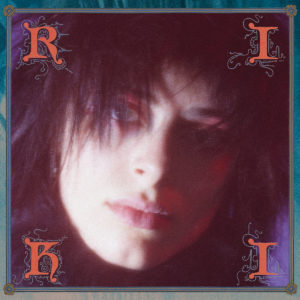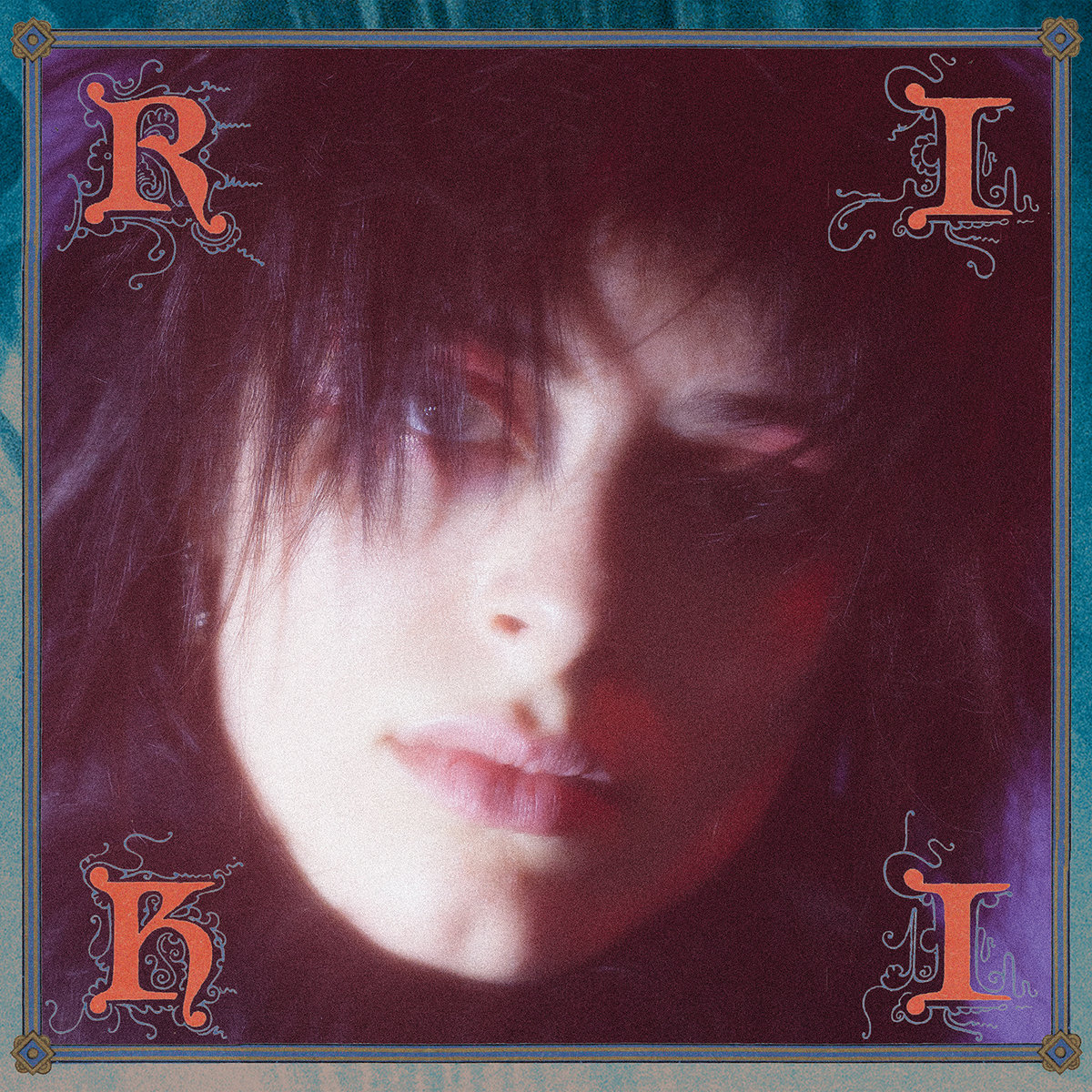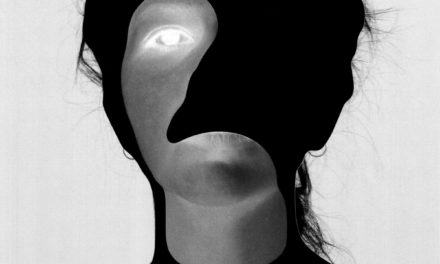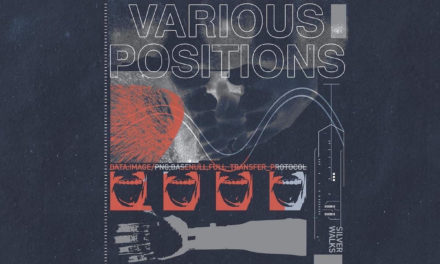
Riki
self-titled
Dais Records
Riki’s self-titled LP is something of a record out of time. Songwriter, multi-instrumentalist and vocalist Niff Nawor (ex of California anarcho-deathrock act Crimson Scarlet) has a clear aesthetic in mind for her work in Riki; specifically the early eighties crossover between synthpop, neue deutsche welle and italo. It’s a heady and decadent blend of sounds and Nawor isn’t shy about working them for retro-appeal. That sort of backwards looking genre invocation can have diminishing returns – just look at the sea of generic synthwave acts that have flooded Bandcamp – but Riki is bolstered by some excellent pop songwriting that emphasizes melody and danceability.
Perhaps owing to its relatively brief 30 minute run-time, the best songs on the LP are the ones that dial in their hook and melody quickly. Pre-release singles “Napoleon” and “Böse Lügen (Body Mix)” are great examples of how quickly Nawor works to get a song across; the former’s appeal is immediately apparent in the interplay between its plinky lead sound and its Moroder bassline where the latter’s sticky melody is established in a minimal lead-in before the rhythm kicks in. Or check the orch-hit-and-drums intro of opener “Strohmann” and how it lays the groundwork for Nawor’s sing-songy vocal-line. There are moments where a song takes a little more time to establish itself (the memorable hook to “Spirit of Love” takes its time for example) but by and large its a record that puts its most memorable qualities out in front.
Nawor herself embodies a familiar teutonic chanteuse template, sounding either disaffected or retreating as the song requires. Given that her instrumentals are pretty full-bodied even when the arrangements are minimal, its a contrast that helps give the album some depth and definition. Producer Matia Simovich is probably due for some credit in that area; the sound design of the record is right in his wheelhouse and provides the right amount of charm and carriage to the proceedings. Everything is mixed with enough oomph for the club, but enough transparency and clarity for headphone listening sessions.
Riki’s debut LP is a pretty substantial record in spite of its brevity. There’s a richness in its character that elevates it above straight pastiche and reference, its considered nature never getting in the way of its pop ambitions. It’s an album that lends itself easily to repeated listens, offering pleasures both abundant and simple.






Trackbacks/Pingbacks